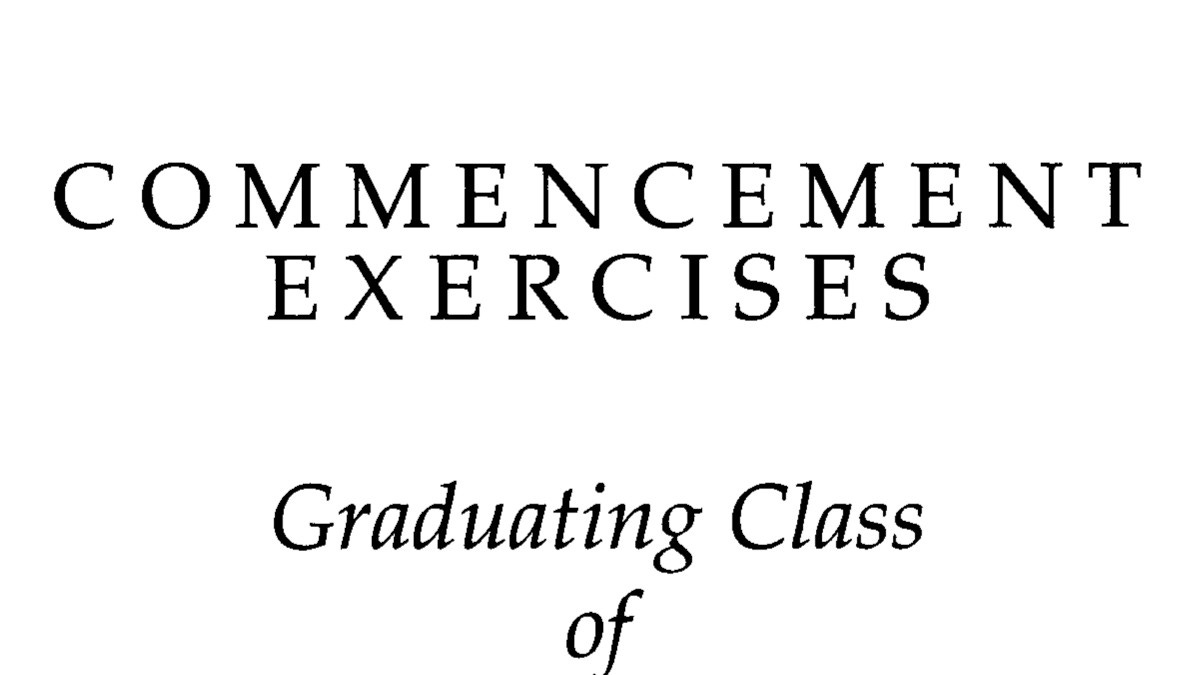Don't get outspoken by artificial intelligence
On ChatGPT's speechwriting skills, great oratory of the past, and a commencement address debacle
A graduating high-school student in Nebraska says he used ChatGPT to write a decoy commencement address that got him selected to give a speech at graduation, from which he deviated into a much more critical address once on stage. The speech actually delivered painted an unflattering picture of fights and disengagement and a school experience the graduate "hated".
■ The selection process for the speech involved blind review and scoring by faculty, with final approval by the school's principal. This, by itself, ought to be alarming: If you're a school administrator and you rank a ChatGPT-generated speech higher than what any students submitted, that should rattle you. Either there's something wrong with the review process (suggesting it implicitly favors dull speeches that don't say anything substantial) or there's something wrong with the quality of what the students are writing. Perhaps both.
■ In a sensible world, a graduating class should pick its own commencement speakers. People graduating from high school are generally either 18 years old or on the cusp of turning that age, making them adults in the eyes of the law. Adults who are considered eligible to vote in meaningful elections at the local, state, and national levels. They ought to be considered old enough to choose who speaks for them -- literally -- at their own graduation proceedings.
■ But in a sensible world, speakers would heed this simple advice: Don't blow a commencement address on complaints. It's easy to think that the best place to be heard is when you literally have everyone's attention, like when you're on stage at a commencement. But the most effective place to levy real complaints about a culture that disappoints you is in published writing. Think: Martin Luther's 95 Theses, the Declaration of Independence, or the Letter from Birmingham Jail. Those can, of course, be amplified with speeches and dramatic actions, but grievances deserve paper and ink.
■ Speeches, for all we hail them in the history books, are almost never remembered for their laundry lists. They're remembered for their tone and, usually, for a single signature line. "Ask not what your country can do for you, ask what you can do for your country." "I have a dream today." "Mr. Gorbachev, tear down this wall!"
■ The hook, to borrow a line from the song, is what brings the audience back to the rest of the speech. People will revisit the rest of the words in a speech if -- and often only if -- it contained a resonant theme with a line that compels them to return to it. And when it's a big speech for a turning point in life (like a commencement), the best course is to have something to say not about how bad things are, but about a vision of how they deserve to be.



